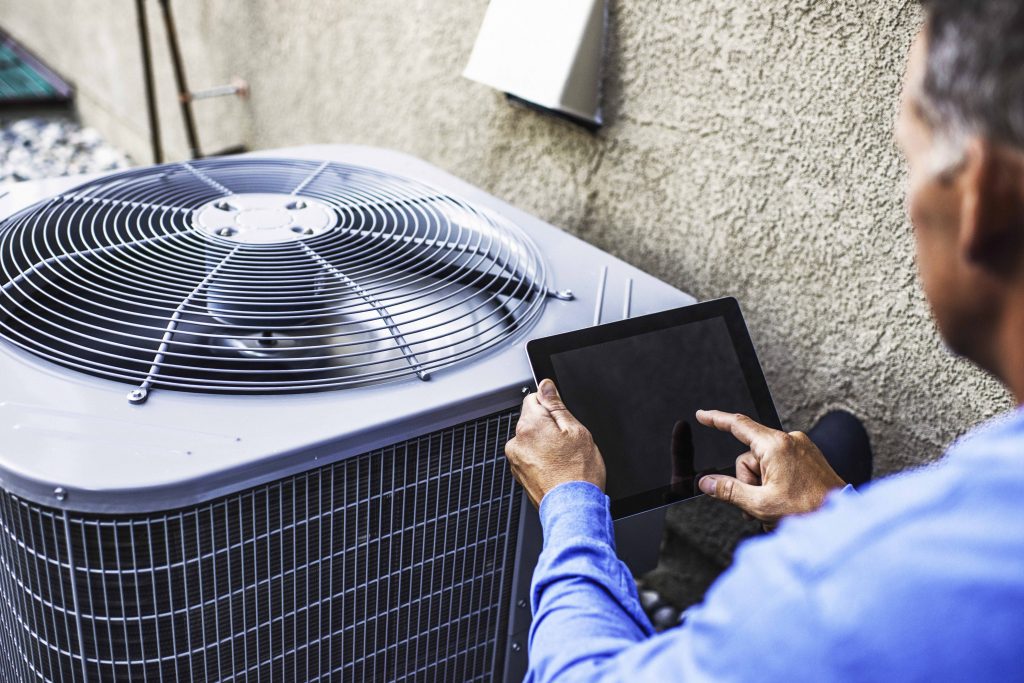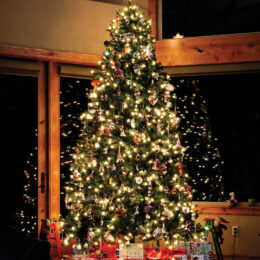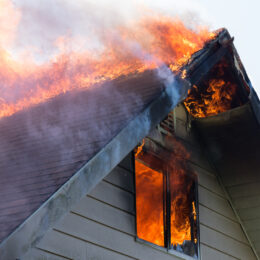
During the summer, many people are concerned about staying cool. Whether you rely on a central air-conditioning unit, a fan or a window AC unit, be aware of safety threats they may pose. Air conditioners and fans are everyday appliances, and knowing how to properly clean, fix and maintain them is important for your safety!
Every spring, schedule professional AC maintenance to inspect the appliance for any issues that could lead to a fire. In addition to annual maintenance check-ups, change your air filter every 30–60 days. Inspect your outdoor unit periodically to ensure it has proper airflow, remove debris and clean the condenser unit. You can even use a garden hose to periodically clean your condenser coils. (Make sure you turn the breaker off first!)
If you rely on a window AC unit during the summer, do not plug it into an extension cord or power strip. It should have its own dedicated outlet. Before installing, make sure the window and frame are in good condition — there should be a metal bracket, mounting rails or some sort of firm support system. If the unit doesn’t fit, do not try and force it. Never put anything on top of the unit.
Since these units are exposed to the elements, they tend to be more at risk for a fire or other dangers. To prevent these risks, never position them where water is or could spill. Clean or replace filters as instructed and continue to inspect cords for damage regularly.
If you fancy a fan to keep you cool, here are some quick safety tips to follow this summer:
• Only purchase fans that have been tested in a recognized, independent lab.
• Check for product recalls at cpsc.gov.
• Double check that air intakes are not blocked.
• Keep fans away from water.
Finally, always be aware of changes in your AC unit. You should know when something sounds out of the ordinary. If you see wires sticking out of the AC unit, or if you see leaking refrigerant or hear noises coming from the unit, you should take these as signs of trouble. Don’t wait to contact a professional for help — act immediately!



